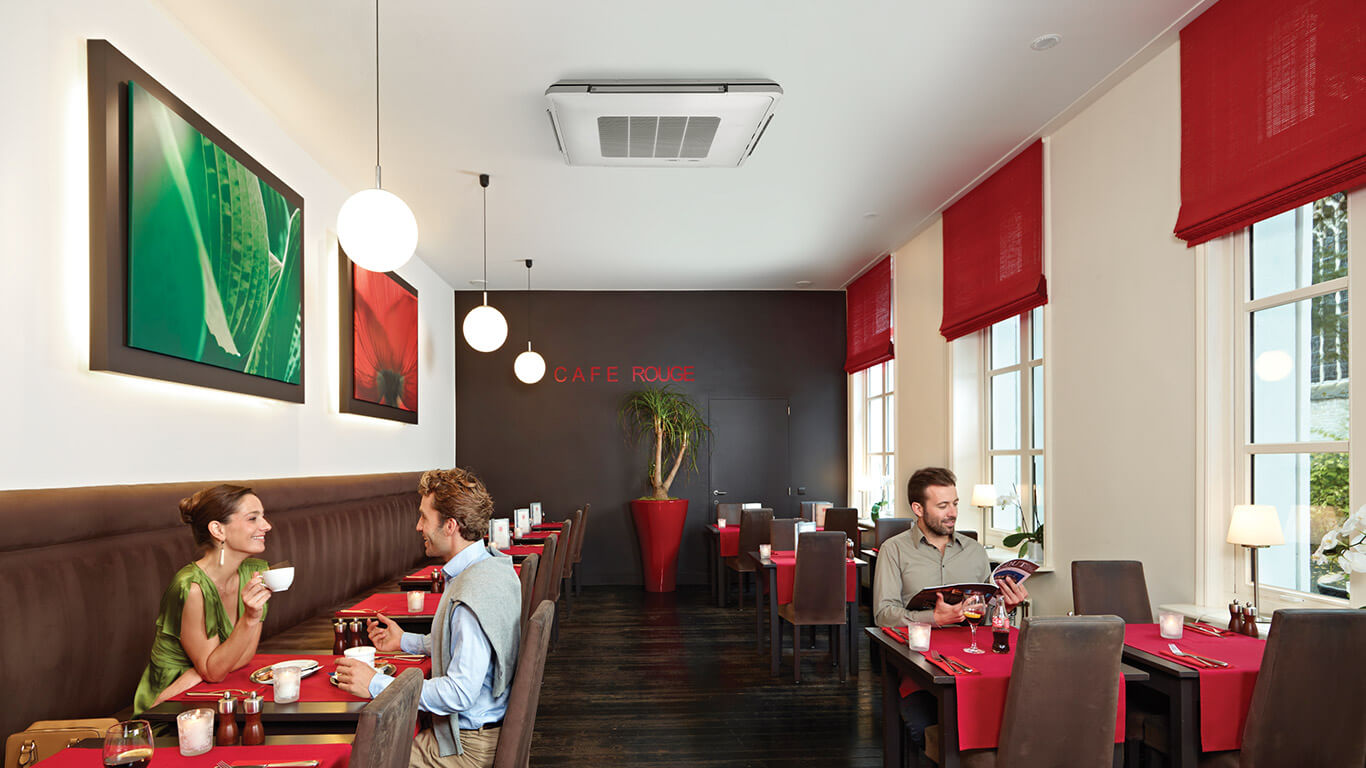Are Air Conditioning Units Environmentally Friendly?

As temperatures rise globally, air conditioning (AC) units have become an essential part of modern living. Far from being purely a challenge for sustainability, advancements in AC technology and energy policies are positioning these systems as a vital part of a greener future. With the UK government’s ambitious net zero targets by 2050, the AC industry is undergoing a remarkable transformation toward environmental friendliness.
Technological Innovations Driving Sustainability
Modern air conditioning systems are becoming increasingly energy efficient, consuming less electricity while delivering the same level of comfort. High efficiency models now use smart thermostats and sensors to optimise cooling, ensuring minimal energy waste. Additionally, many manufacturers are shifting to eco-friendly refrigerants, such as hydrofluoroolefins (HFOs), which have a significantly lower environmental impact compared to traditional hydrofluorocarbons (HFCs).
Renewable Energy Integration
Air conditioning systems are also well suited to benefit from the UK’s growing investment in renewable energy sources. By pairing AC units with solar panels or wind energy, households and businesses can significantly reduce their reliance on fossil fuels. This integration supports the UK’s transition to a cleaner energy grid, ensuring that cooling needs are met sustainably.
Supporting Net Zero Goals
Air conditioning units are evolving to align with the UK’s net zero strategy. Key measures include:
- Phasing Out Harmful Refrigerants: New regulations are promoting the adoption of low global warming potential (GWP) refrigerants, reducing greenhouse gas emissions.
- Energy Standards: Stricter energy efficiency requirements are driving innovation, ensuring that new AC systems have a minimal carbon footprint.
- Circular Economy Practices: Programs encouraging the recycling and proper disposal of old units are helping to minimise waste and prevent harmful refrigerant leakage.
A Broader Vision For Sustainable Cooling
Beyond individual systems, there’s growing interest in district cooling networks and passive cooling designs, which reduce the need for standalone AC units. Innovations such as green roofs, reflective building materials and enhanced insulation complement air conditioning by reducing overall energy demand.
Conclusion
Air conditioning units are no longer just a source of energy consumption, they are becoming a symbol of how technology can adapt to meet environmental challenges. With continued innovation, integration of renewable energy and supportive policies, AC systems can provide essential comfort while contributing to a sustainable future. As the UK moves toward its net zero targets, air conditioning is poised to play a key role in creating a cooler, greener world. Contact us today at Kinlochs & Son Ltd to find out more.